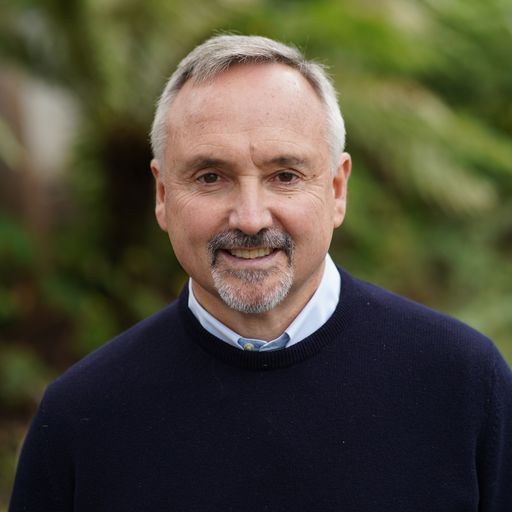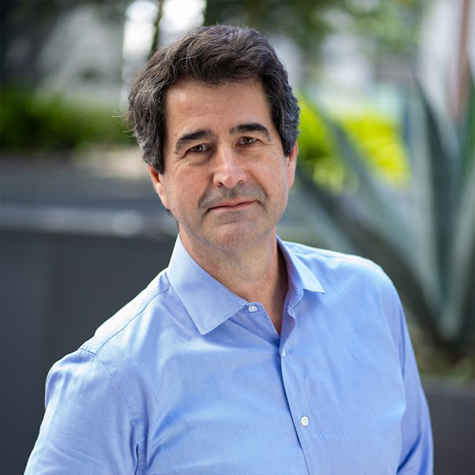As a result of a settlement reached in the Edakunni, et al. v Mayorkas litigation, United States Citizenship and Immigration Services (USCIS) agreed on January 25, 2023, to process Form I-539 applications to extend or change status filed by H-4 and L-2 dependents at the same time as the corresponding Form I-129 petitions filed on behalf of the H-1B or L-1 principal beneficiary. Under the terms of the settlement, I-765 applications for Employment Authorization Documents (EADs) filed by H-4 or L-2 spouses are also processed concurrently when filed together with Form I-129. If such applications are filed concurrently with an I-129 petition that requests Premium Processing, the dependents’ applications should be processed within the requisite time frame (typically, 15 business days.)
The agreement represented a retreat from the policy—adopted by the Trump administration in March of 2019—to split up or decouple the dependents’ I-539 and I-765 applications that accompanied I-129 petitions and adjudicate these separately. The result of this policy was that, although I-129 petitions filed with Premium Processing continued to be processed within the mandatory 15-day processing time frame, concurrently filed I-539 and I-765 applications filed by dependents of the I-129 beneficiary became subject to much longer processing time frames. This policy was the subject of the Edakunni, et al. v Mayorkas litigation.
The USCIS’ obligation to process I-539 and I-765 applications concurrently with an I-129 petition was, per the terms of the settlement, to remain in force for two years from the date of the settlement. On January 18, 2025, this requirement will expire and USCIS will no longer be bound by it. The agency may therefore decide, especially in light of the impending change in presidential administration, to return to its previous practice of separating I-539 and I-765 forms from a principal’s I-129 petition and adjudicating these forms in different time frames.
USCIS may issue guidance on how it plans to approach the expired requirement to process I-129 petitions and I-539 and I-765 applications concurrently. At the moment, it is not clear if eligible applications that were filed before January 18, 2025, will be processed in accordance with the Edakunni settlement or will be separated starting on this date. The issue may be addressed by filing I-129 petitions with Premium Processing (or having pending I-129 petitions upgraded to Premium Processing) so that the petition and accompanying applications are processed before January 18th, 2025.
It is also possible that that the USCIS will return to its practice under the last Trump administration of requiring I-539 applicants to appear in person at a USCIS office to have their biometrics captured. This will of course create an even longer time lag between the adjudication of a principal’s I-129 petition and a dependent’s I-539 application.
We will provide information on these matters as soon as any guidance is issued.


